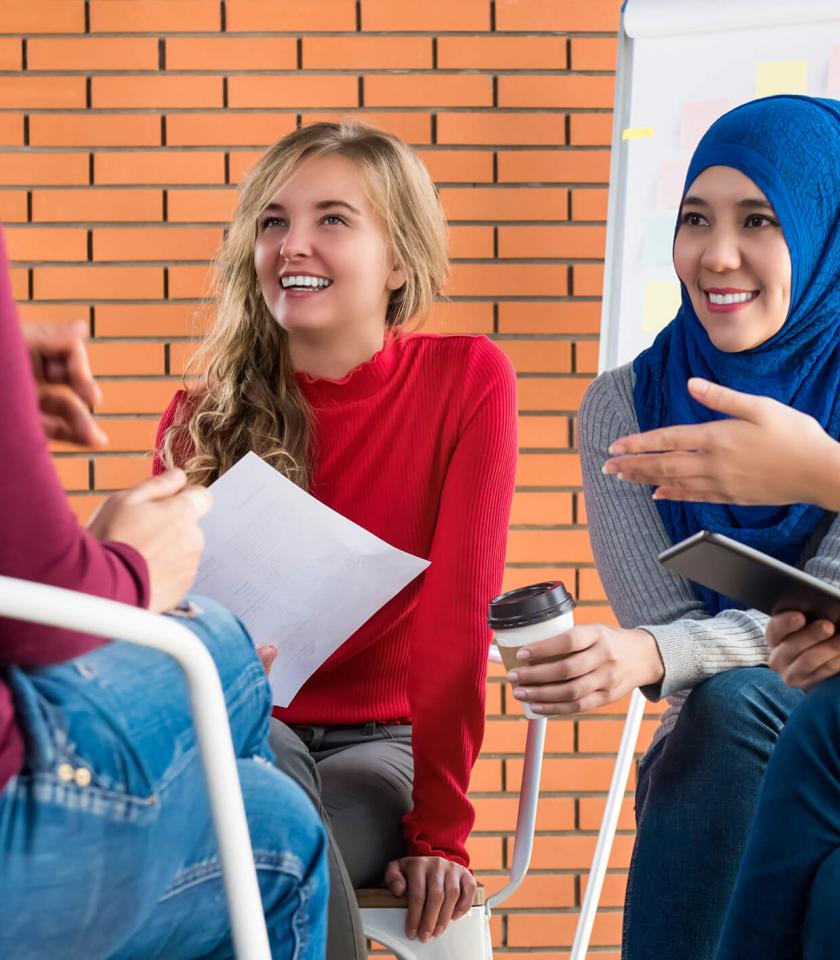Neil Murray is a CELTA tutor at IH Lisbon in Portugal
How long were you an EFL teacher, and how long have you been a teacher trainer?
I’ve been an EFL teacher since 1989. I first became directly involved in teacher training between 2008 and 2014, when I was Director of Studies in a language school. I have been a CELTA tutor since 2013.
Did you have a different career before EFL?
No, I’ve always worked as an English language teacher.
What are your hopes/aspirations for your trainees?
I hope that my trainees can become more confident and competent in front of a group of learners. I would like my trainees to have acquired at least a basic understanding of some of the key principles and procedures involved in English language teaching. I hope my trainees leave equipped with some effective classroom management skills and a strong self-belief that they can go on to become good, if not excellent, language teachers.
When you were an EFL teacher what did you like most, and how do you bring that into the classroom for your trainees?
I have always enjoyed getting to know my learners as individuals and spending time listening to them as they pursue their various objectives. I make an effort to create a positive and professional learning environment in which I can help learners to build on their confidence and improve their ability to communicate in English. I believe by making the same effort, and by showing the same level of professionalism with and interest in my trainees, that I can help them achieve their goals.
What advice would you give your trainees for successfully completing the course?
Good organisation and time-management are essential skills to cope with the heavy workload. Be open to learning new ideas and taking on new challenges. Be prepared for open and honest feedback, try to keep your expectations realistic, support your fellow trainees and always keep a sense of perspective (and humour).
What advice would you give your trainees for an interesting and rewarding career?
Try to take a genuine interest in your learners, and your colleagues, along the way. Explore the varied and different challenges within the profession and, whenever the opportunities appear, push yourself to experiment with new approaches, different techniques or produce your own materials. Try to invest in continued professional development and enjoy the many moments of learning and laughter.


